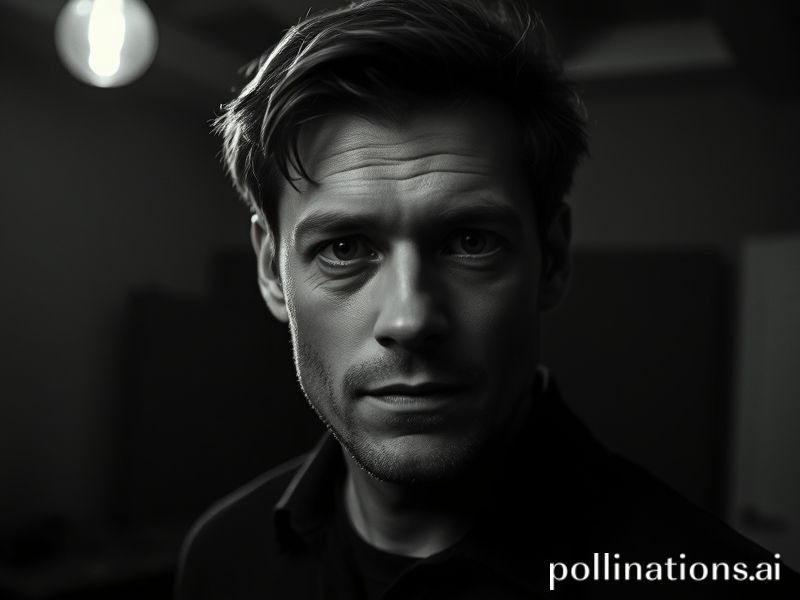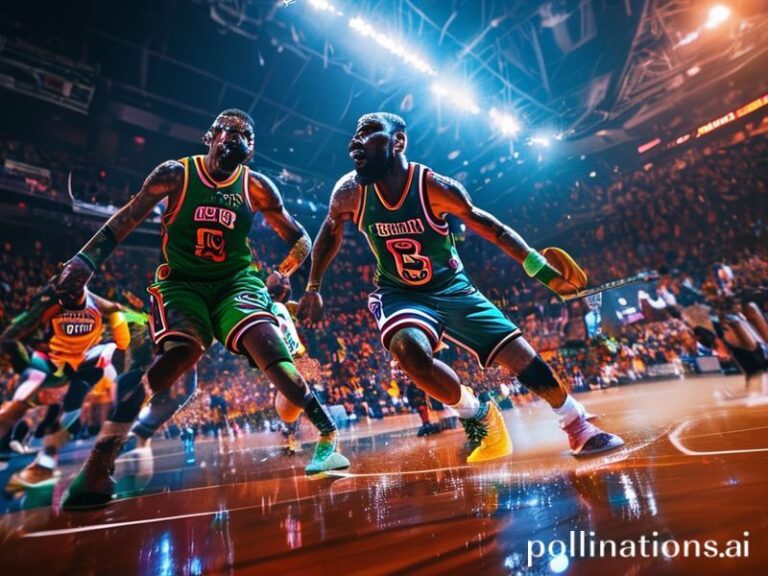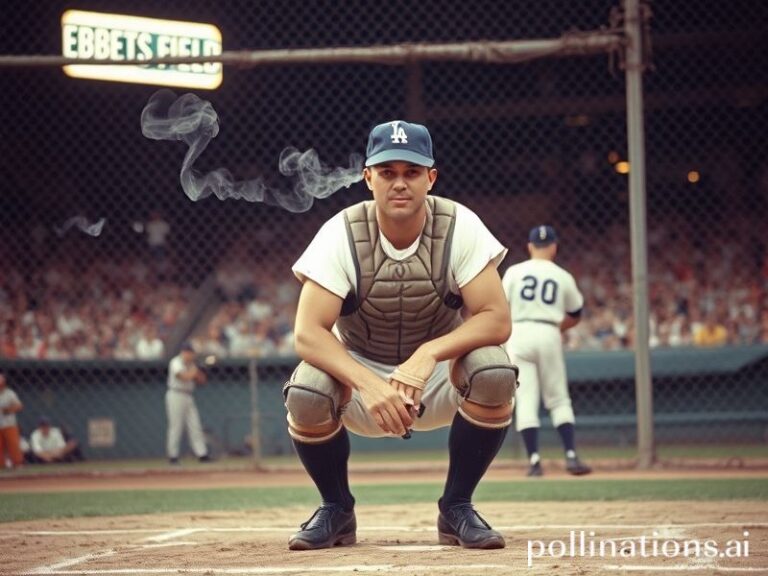James Norton: The British Export Who Conquered Global Hearts While Exposing Our Cultural Hypocrisy
**The Curious Case of James Norton: How a British Heartthrob Became the World’s Mirror**
In the grand theater of international celebrity, where fame is currency and relevance is measured in Instagram likes, James Norton stands as a peculiar monument to our collective obsession with authenticity. The 38-year-old British actor has somehow transcended his homeland’s soggy shores to become what cultural anthropologists might call “the thinking woman’s thirst trap” – a phenomenon that speaks volumes about our increasingly desperate search for substance in the empty calories of modern stardom.
From the cobblestone streets of Grantchester to the grim prison yards of Happy Valley, Norton has carved out a niche as the acceptable face of British poshness – posh enough to play Prince Andrei in War & Peace, but sufficiently self-aware to mock his own privilege. It’s a delicate balancing act that has somehow resonated from the coffee shops of Brooklyn to the karaoke bars of Tokyo, where his face adorns countless phone cases owned by people who’ve never seen him act but appreciate his cheekbones’ universal language.
The international appeal of Norton reflects our bizarre global hierarchy of desire, where British actors occupy a peculiar position – exotic enough for American audiences who think everyone from London sounds like Benedict Cumberbatch, yet familiar enough for European viewers who’ve been force-fed British culture since the BBC became the world’s most effective soft-power export. He’s become a blank canvas onto which different cultures project their fantasies: Americans see the gentleman spy they wish they could produce, while the French appreciate his apparent disdain for personal grooming products.
What makes Norton particularly fascinating in our current cultural moment is his embodiment of the modern male celebrity paradox – simultaneously objectified and taken seriously, desired and respected, Instagram-fodder and RADA-trained thespian. He’s the rare actor who can appear in a McDonald’s commercial (yes, really) while maintaining enough gravitas to play psychopaths and saints with equal conviction. This duality has turned him into an unlikely barometer for our confused relationship with masculinity, fame, and the increasingly blurry line between high and low culture.
The global implications of Norton’s rise are both trivial and telling. In an era where Russian oligarchs buy British football clubs and Korean pop stars top American charts, his international success represents the final triumph of British cultural imperialism – not through force or even exceptional talent, but through the sheer relentless export of posh boys with good bone structure. He’s part of a conveyor belt that includes Eddie Redmayne, Benedict Cumberbatch, and Tom Hiddleston – all products of the same theatrical finishing school that has become the UK’s most reliable export after weapons and financial services.
Yet beneath the surface of this light entertainment lies something darker about our collective psyche. Norton’s portrayal of damaged, dangerous men – from the rapist Tommy Lee Royce in Happy Valley to the murderous psychopath in The Nevers – has earned him a peculiar kind of devotion that suggests we’re all secretly attracted to the monsters we claim to despise. His international fanbase’s willingness to forgive these characters their sins because they’re played by someone with nice hair speaks to our capacity for moral flexibility when confronted with beauty.
As the world burns – literally and metaphorically – the continued relevance of figures like Norton offers a grim commentary on our priorities. While glaciers melt and democracies crumble, we debate whether he’s more attractive with or without a beard, dissect his dating life with the forensic attention once reserved for actual news, and treat his career moves as matters of international significance. Perhaps that’s the real genius of James Norton: not his acting ability, but his unwitting role as a distraction from the gathering storm, a beautiful anesthetic for a world that can’t bear to look at itself in the mirror.
In the end, we’re all just extras in Norton’s ongoing performance of modern celebrity, bit players in a global production that’s part Shakespeare, part reality TV, and entirely of our own making.







